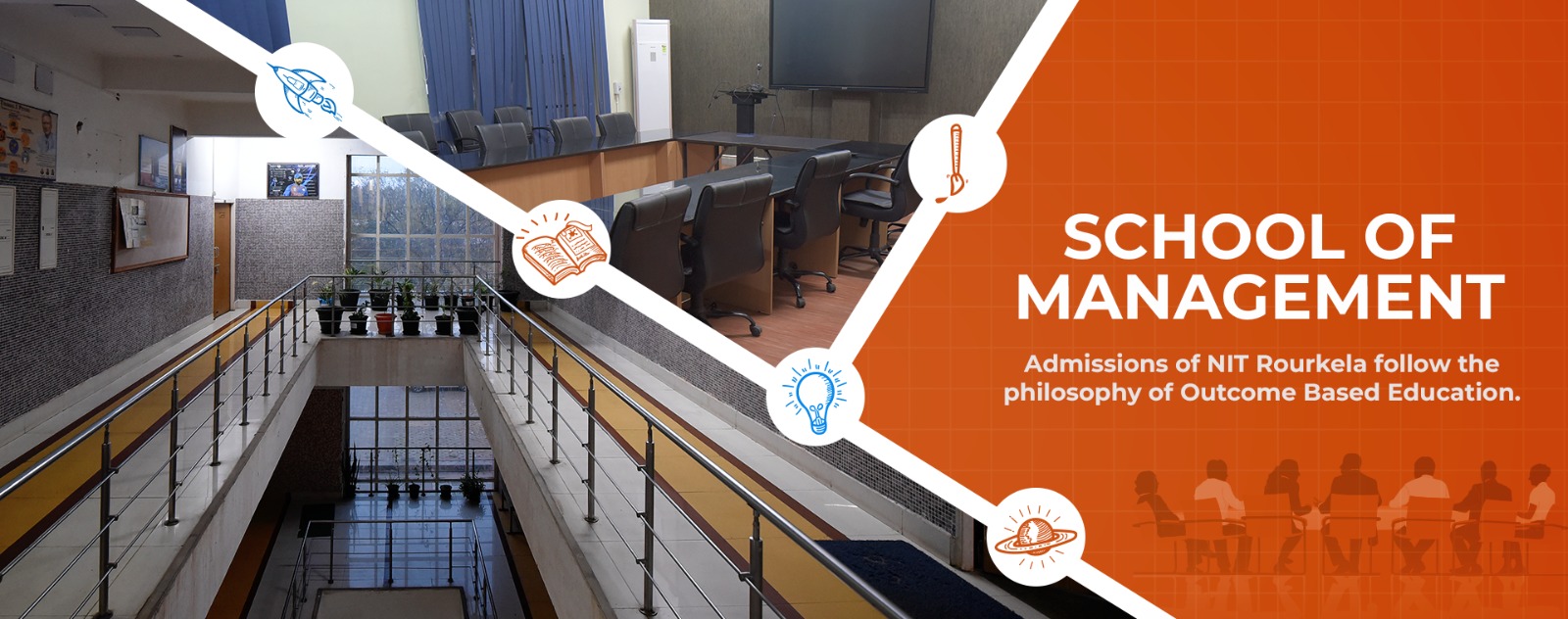Seminar Details
In India, fostering entrepreneurial intentions among technical students is crucial for economic growth and innovation.Technical students possess specialized knowledge and skills that can lead to groundbreaking innovations and technological advancements. Their entrepreneurial ventures can drive progress in various sectors, including IT, engineering, biotechnology, and manufacturing. Entrepreneurial activities are significant contributors to economic growth and job creation. By fostering entrepreneurial intentions among technical students, India can harness their potential to build new businesses, create jobs, and boost the economy. Promoting entrepreneurship among technical students can also foster a culture of innovation, risk-taking, and creativity within educational institutions and the broader society. This cultural shift is crucial for sustaining long-term economic and technological growth.Hence, the current study focuses on how the institutional environment comprising normative, regulatory and cognitive environment impacts the entrepreneurial intentions of technical students, highlighting the mediating role of self-efficacy. Self-efficacy, or students' belief in their capabilities to undertake entrepreneurial activities, is essential in this relationship. Despite the supportive efforts of institutional environment, many students still lack confidence in their entrepreneurial abilities. Thus, this study aims to address this critical research problem by examining the intricate relationships between the institutional environment, self-efficacy, and entrepreneurial intentions.



